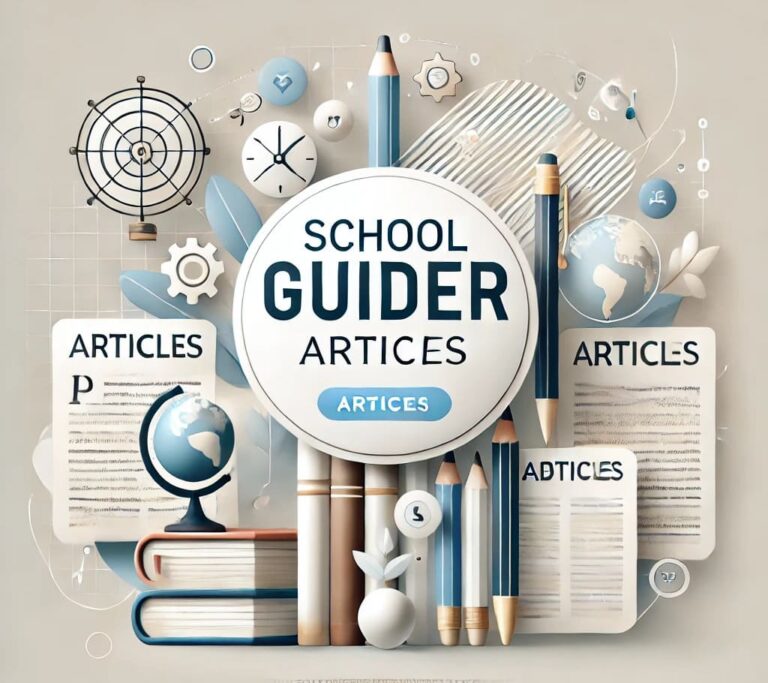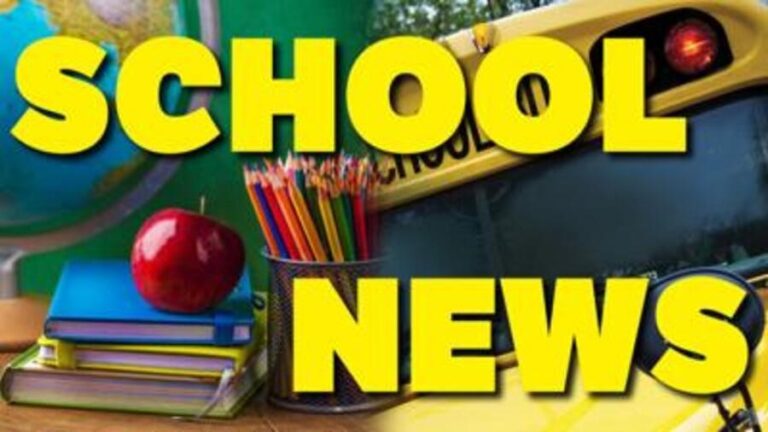Introduction to the Languages and Literature Track
Do you love reading books, writing poems, telling stories, or learning new languages? Are you the one in class who enjoys debates, essays, and expressive writing? Then the Languages and Literature Track is where your talents truly belong!
In Kenya’s CBC system, this track helps students explore the beauty of language — how we speak, read, write, listen, and connect with others. It focuses on English, Kiswahili, and foreign languages, as well as literature, storytelling, and communication.
It’s perfect for students who dream of becoming authors, journalists, translators, poets, or public speakers.
What is Languages and Literature All About?
This track dives into how language shapes the way we think, feel, and interact with the world. You’ll learn how to use words effectively, how to analyze stories, and how to express ideas clearly in different languages.
In this track, students explore:
-
Grammar, spelling, and sentence structure
-
Reading comprehension and writing techniques
-
Oral presentation and debate skills
-
Local and global literature — novels, plays, poems
-
Communication in media and public speaking
-
Creative writing and poetry
-
Translation and interpretation
You’ll become not just a better speaker or writer — but a more thoughtful and persuasive communicator.
Why This Track is Important in Today’s World
In our fast-changing world, those who can communicate clearly and creatively have a big advantage. Whether you’re applying for a job, defending a cause, writing a blog, or making a speech — your words matter.
Here’s why the Languages and Literature Track is essential:
-
Improves Communication: Speak and write effectively — in any situation.
-
Builds Confidence: Express your opinions with clarity and style.
-
Strengthens Cultural Identity: Literature helps you understand your roots and appreciate others.
-
Boosts Career Opportunities: Every career values strong language skills.
-
Promotes Critical Thinking: You learn to ask questions, analyze messages, and express ideas creatively.
In the digital age, language is a superpower — this track helps you master it.
Who Should Choose the Languages and Literature Track?
Wondering if this is the right path for you? Let’s see if any of these sound familiar:
Traits of a Language and Literature Lover
-
You love reading books, magazines, or even newspapers
-
You enjoy writing poems, stories, or essays
-
You speak or want to learn more than one language
-
You’re good at explaining things to others
-
You enjoy class discussions and expressing opinions
-
You notice the beauty in words, quotes, and stories
If that’s you — congratulations! You’ve got the heart of a communicator and the brain of a storyteller.
What Subjects Are Offered in This Track?
The CBC makes this track rich and exciting by offering a combination of language learning, literary exploration, and communication practice.
Core Language Areas
-
English Language: Grammar, writing, reading comprehension, speech
-
Kiswahili Language: Sarufi, insha, kusoma na kuandika
-
Foreign Languages (optional): French, German, Arabic, Chinese (offered in some schools)
-
Sign Language (optional): Learn Kenya Sign Language to promote inclusive communication
Literature and Communication Components
-
Oral Literature: Learn riddles, proverbs, songs, and folktales from Kenyan communities
-
Written Literature: Analyze plays, novels, poetry, and short stories
-
Media and Communication: Practice public speaking, reporting, blogging, and journalism
-
Creative Writing: Craft your own poems, scripts, essays, or short stories
Every subject sharpens your voice — on paper and in person.





